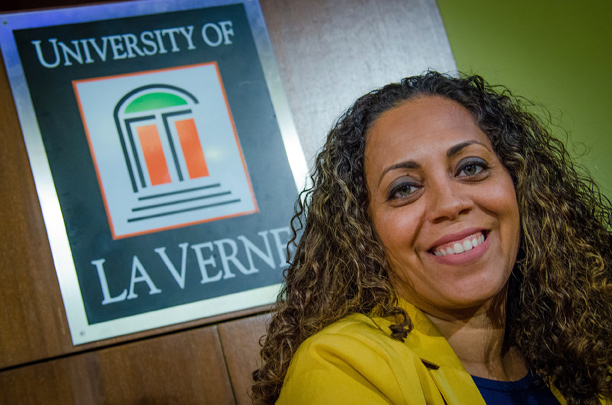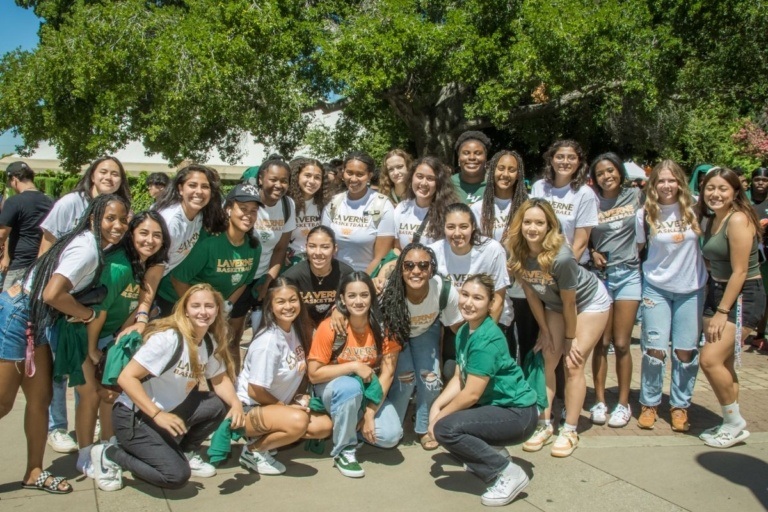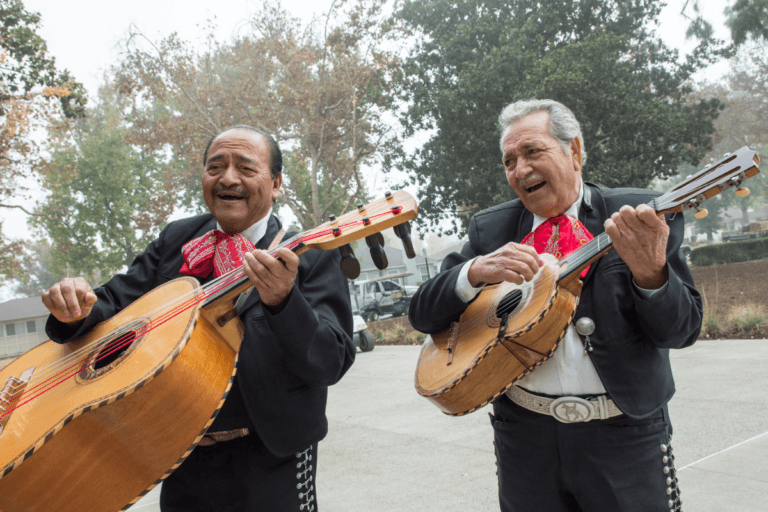Marisol Morales Selected for Presidio Institute Leadership Program

Director of Civic and Community Engagement Marisol Morales has been accepted to the 2015 Cross Sector Leadership Fellows program, which develops leaders to collaborate across business, government and nonprofit sectors to address society’s most critical issues.
Morales is one of 24 people selected for the program and the only representative from a California university. The program runs from March through October.
“I am extremely honored to be selected for the Presidio Institute’s Cross-Sector Leadership program because I believe that the idea of cross-sector leadership is one that has been inherent in higher education for some time, particularly around community engagement,” Morales said. “It gives the University and I the opportunity to approach community engagement at a national level and connect with leaders to address some of the most pertinent issues facing communities from a position of possibilities and assets.”
The San Francisco-based Presidio Institute helps leaders expand their skill sets and networks, and learn how to solve community challenges. The Cross Sector Leadership program views “sectors” as businesses, nonprofit organizations, government, education, healthcare, labor, faith institutions, philanthropy and communities.
Fellows selected for the program reflect that wide range of sectors, coming from organizations such as MetLife, the U.S. Department of Education, the San Francisco Department of Public Health and the White House Initiative on Educational Excellence for Hispanics.
The far-reaching impact Morales has had in the area of community service in the last few months does not stop there.
She also contributed to the international service-learning book “Crossing Boundaries,” which is set to be released electronically in April. It was published by Stylus in September.
In the book, Morales and Arturo Caballero Barron of Marist University discussed international service-learning philosophies, including Asset-Based Community Development. The ABCD model focuses on a community’s assets and strengths, rather than what it lacks.
“It seeks to look at under resourced communities from the perspective that the glass is half full as opposed to half empty; this approach challenges the labels often ascribed to marginalized communities, which often are communities of color,” the authors wrote.


